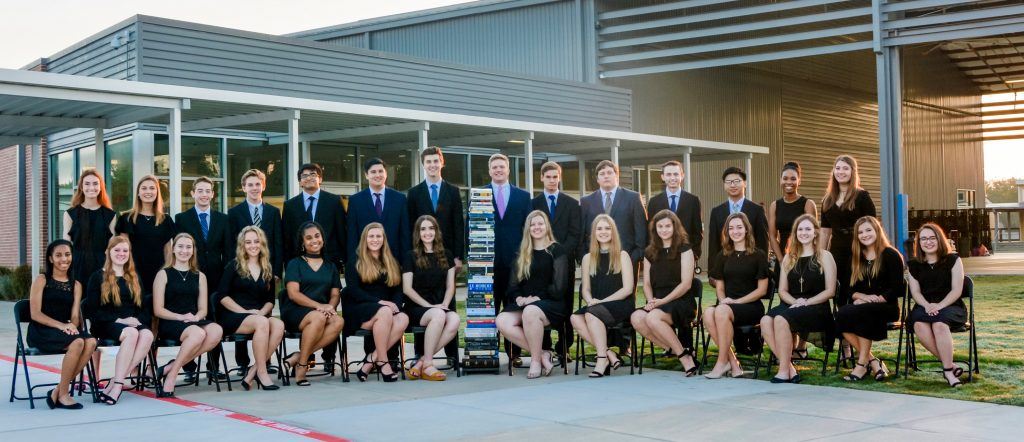Interview with a PCS Graduate — Emory Fields
by John Young, Director of Advancement
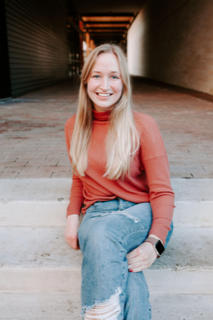
Emory Fields attended Providence Classical School from 6th grade until her graduation in 2019. Emory received the Brockman Scholarship, a 5-year full scholarship awarded annually to 50 students who are interested in pursuing degrees in STEM. She is currently a senior at Texas A&M University, double-majoring in Computer Science and Statistics. After graduation in May, she plans to begin a one-year Masters in Business at Texas A&M, then pursue a career as a Software Engineer.
Emory participated in the PCS Alumni Panel during Homecoming 2023. Following the panel discussion, she had an opportunity to sit down with PCS Director of Advancement John Young. John recorded their conversation and has prepared this transcript for the benefit of our PCS community.
JY: I’d like to spend a little time thinking about your time here at Providence. In your mind were you going to A&M to pursue STEM?
EF: Yes, I was always going to pursue STEM, but I wasn’t always aiming to go to A&M. It just so happened that I got the Brockman Scholarship, and it worked out like that. But yes, at Providence people like Mr. Neal and some of our really great math teachers gave me a love for learning specifically in that area. And my parents had both gone to A&M for engineering degrees, so all of that together really encouraged me to pursue STEM. I also had a natural aptitude for that area, so I’ve known I wanted to do STEM since I was a sophomore in high school.
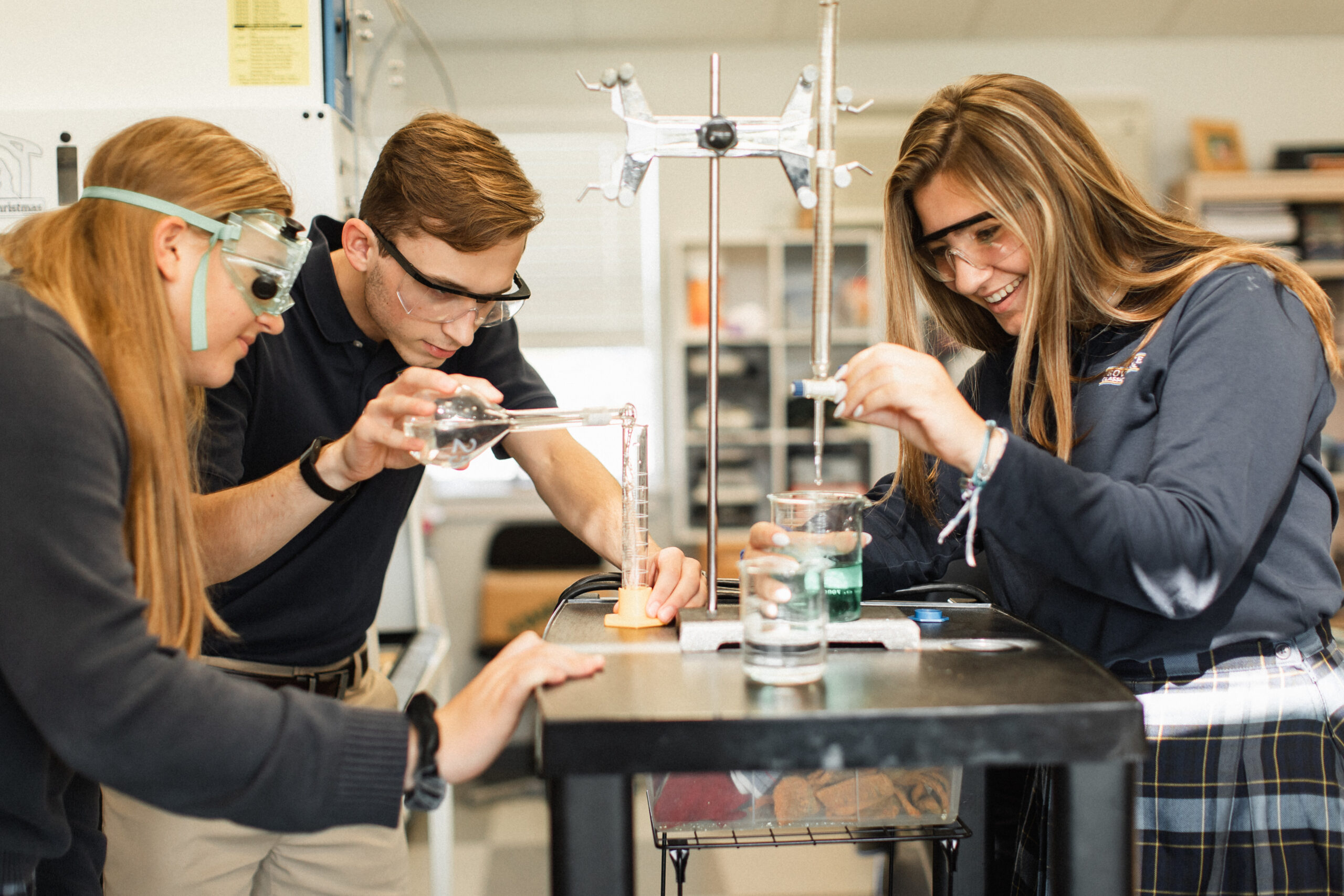
JY: How well prepared did you feel for the sciences when you got to A&M?
EF: I actually felt very prepared. I took Freshman Chemistry, which is a hard, weed-out class at A&M. But I’d taken Chemistry at PCS as well with Mr. Neal, so a lot of Freshman Chemistry was honestly review. So for that specific class I was well prepared, and the same goes for Calculus. CALC 1 at A&M was a breeze because I had already done it and taken the AP exam and everything.
I feel like everyone emphasizes how Providence is good in the Humanities and such, and it is, for sure. But I think PCS has done a really good job hiring people who are passionate about the sciences and math, and when someone passionate is teaching you, it makes you more passionate and makes it more fun to learn. So, yes, I felt like PCS teachers gave us the knowledge and the desire to learn more. I don’t think I was behind my peers at A&M in any way.
If there is one area in which I maybe felt somewhat behind, it was in my programming background. But I do think that having the love for learning that Providence gives you and the ability to engage in your studies and ask good questions of your professors when you are not understanding – I think that allowed me to catch up. This skill for learning has given me an advantage, even if I didn’t necessarily have the technical knowledge.
JY: Now that you’re wrapping up, somewhat, this first phase of college, do you feel that Providence has prepared you for life beyond these first four years? Has it given you a leg up in any way over your peers?
EF: Yes, I mentioned on the Alumni Panel that Providence gives you the ability to communicate well and write well. And that was a big advantage over my peers because I could write a paper easily, while they could not get it done well. That is good right now in college, and going forward it will be super helpful just like it was helpful in the internships that I’ve had. Providence gives you lots of opportunities to make presentations, and I took those soft skills with me.
In terms of personal growth, Providence teaches so much biblical knowledge, which is crucial, especially going to a school where that is clearly not the emphasis in my classes. It’s also given me practical skills in life like, when choosing a church, to look at the statement of beliefs of a church and to know what to look for. Because some of these statements of beliefs are multiple pages long, it can get overwhelming if you’ve never had that training. So, I really value that specifically a lot.
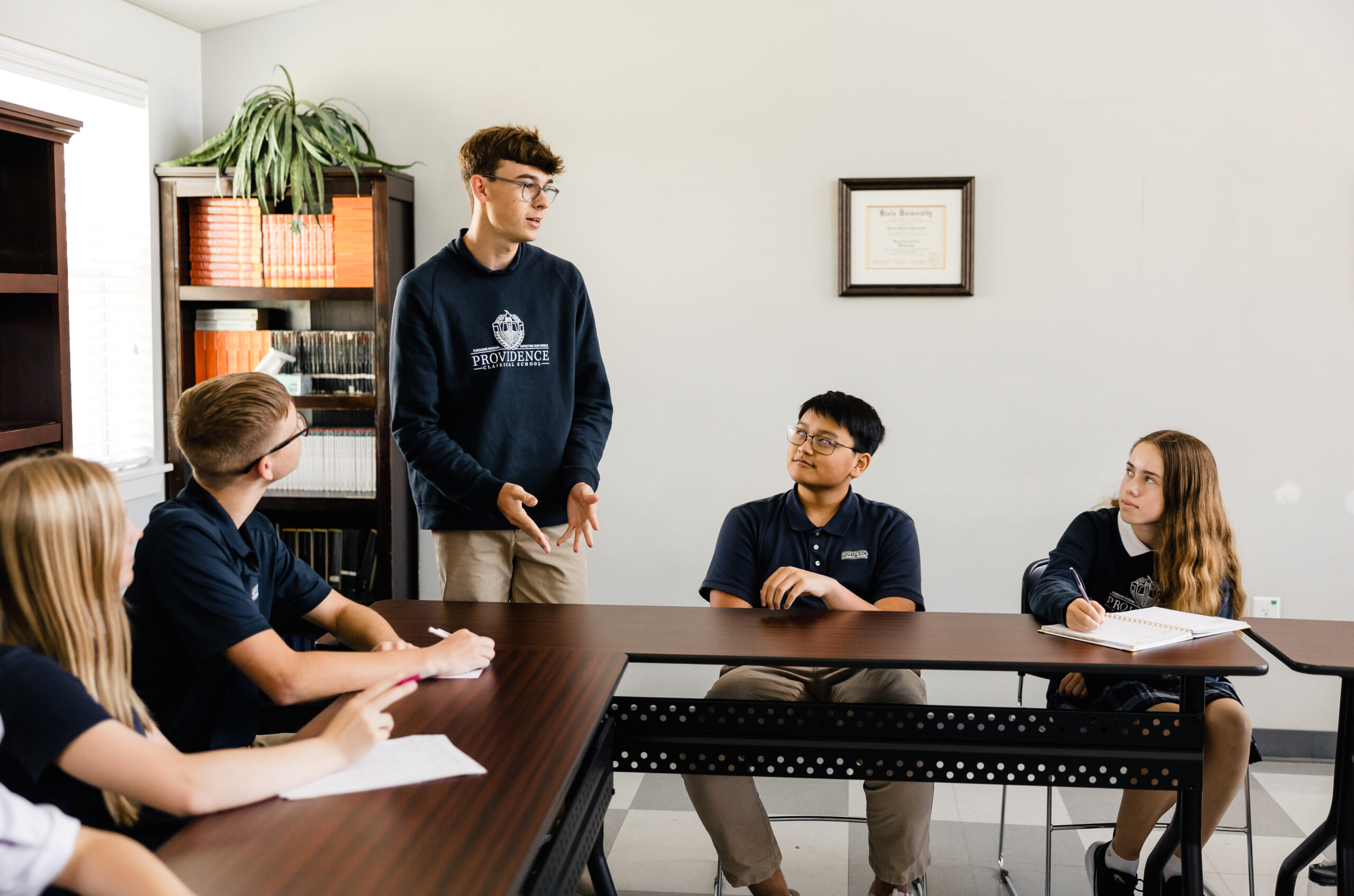
JY: After you wrap up this one-year Masters in Science and Business, where do you envision yourself ending up?
EF: I’m thinking that after my Masters, I’ll end up in Austin because it’s close to my family, and there are a ton of opportunities in Tech. But I’m trying to stay pretty open. I could also end up in Houston – ideally somewhere in Texas.
JY: So what would you ultimately like to do career-wise?
EF: I’ve acquired some good experience in data science in my internships, but I’m kind of trying to get a little bit away from that because it’s becoming more like you just have a data set and you have a model and you throw your data at the model and it produces results. It’s hard to get excited about that, so I’m trying to get more into strictly software engineering where I’m actually building something.
I think I actually developed my love for software engineering through some of our work here at Providence because there’s so much logic in software engineering and I think the way that Providence teaches you to think goes really well with programming.
But back to what I want to do, I’d like to do software engineering though I don’t really have a specific company in mind. I’ve worked with two really large companies, so I think it would be interesting to work for a smaller company and experience some of the community that I had at a small school like Providence.
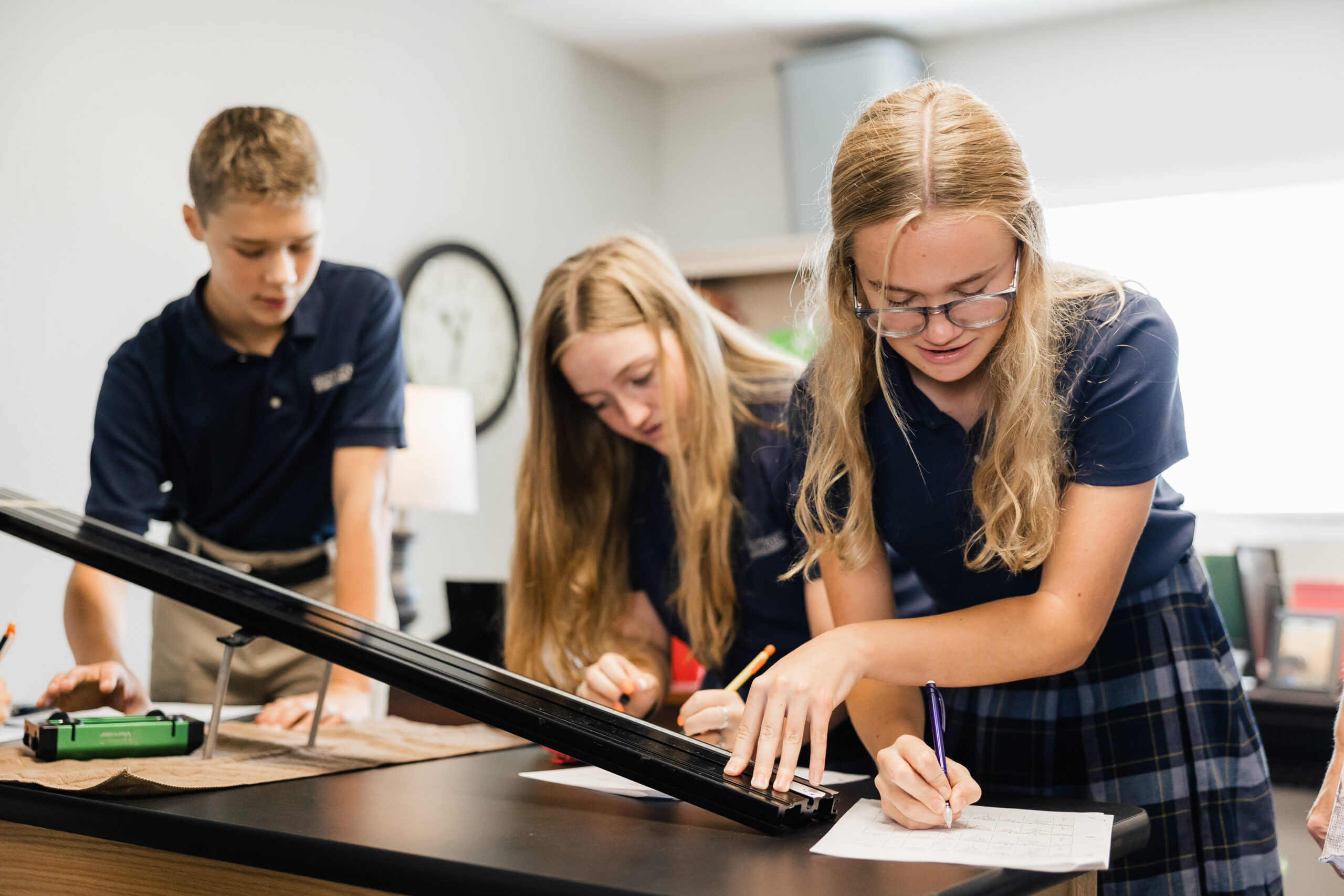
JY: Explain what’s attractive to you about adding the business aspect to your Masters. You have this skill set. You have this toolbox you’ve received. Why add business to it?
EF: They advertise it as a complement to your technical background, which I do believe that in my industry experience I felt a little behind in. I had technical knowledge, but I didn’t always understand the business motivations behind everything. I think you can get that over time through work experience, but I’m hoping my Masters in Business will give me that formal education.
I see business training as valuable because it’s all around any industry you’re in, whether it’s super technical or more on the finance side. I see it present in any role I would be in.
JY: What is the exact title of the program you are in?
EF: It’s called the Masters of Science and Business (MS Business). It’s under the same umbrella as an MBA, and it’s in the Mays Business School. I believe there are 50 students that are accepted into the program each year. You go through the entire program having all of your courses together.
You have lots of group projects. Our main one is you start and close a business in five months. There’s very little solo work. So that will be a great experience working on a team before I enter into industry.
JY: Did you gain much group project experience in your undergrad work?
EF: I did, especially in my upper-level classes. When you’re building really big programming projects, you just can’t do it all by yourself.
I think Providence helped me in those group projects, though I don’t remember having many group projects in my time at PCS. But your classes are so small, and you have so many discussions together. I think Providence trained me in learning how to listen to someone and to hear what they’re saying before I respond, which I think is a skill that causes a lot of issues in group settings. So the ability to communicate in a group project was definitely learned at Providence.
JY: That’s interesting. Talk more about that waiting to respond.
EF: I feel that oftentimes when you’re talking to someone, they already have the next thing they are going to say in mind before you even finish your thought. But when you’re being graded on a discussion, you can’t just throw your ideas out there. You actually have to engage with people, and that requires fully processing what they say.
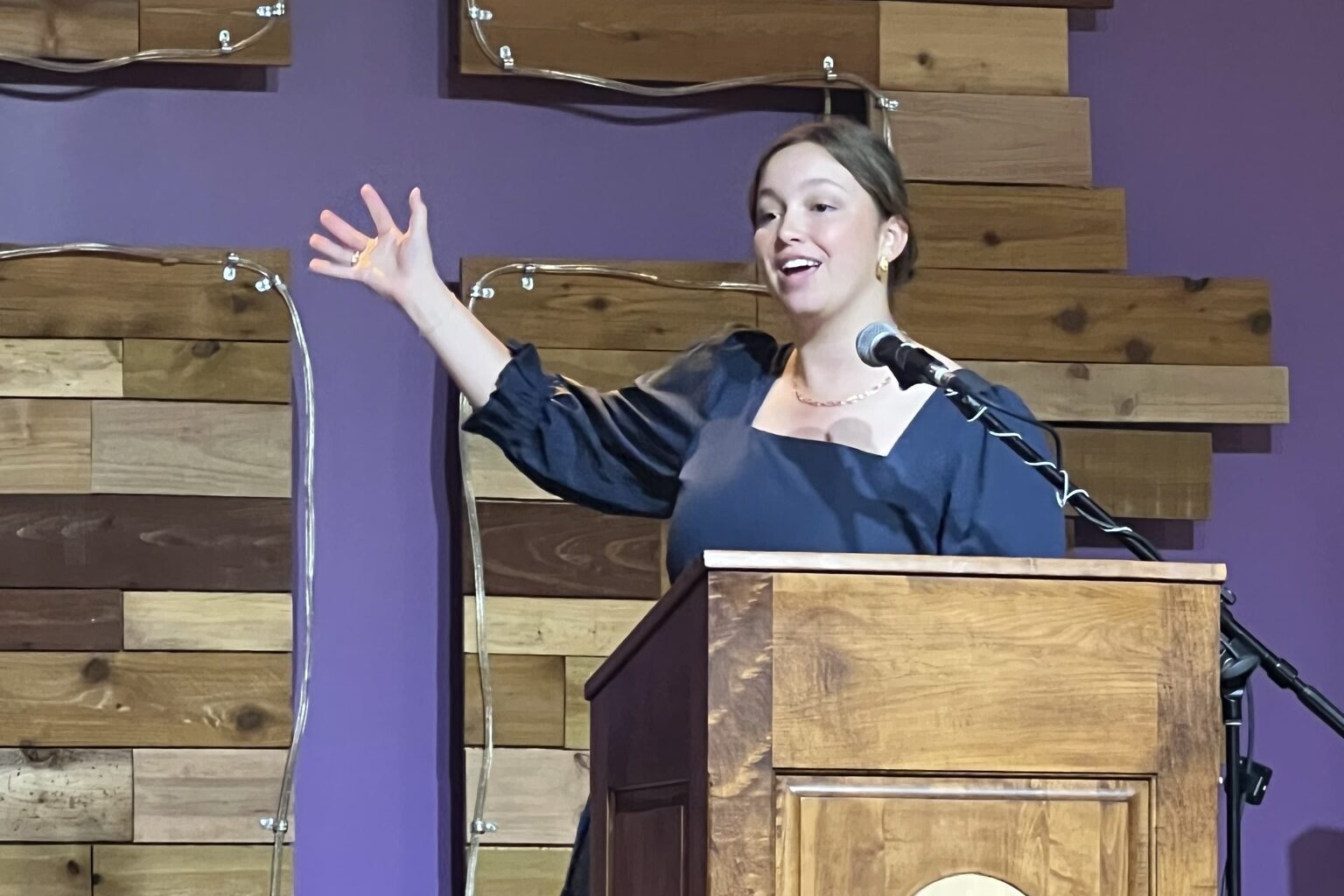
JY: You probably don’t remember this, but I was on your Thesis panel, and your topic was on ecology…
EF: Yes, it was encouraging Christians to be better stewards of the earth…
JY: Were there any practical outworkings of your thesis at all? Not just the process itself, but the topic as well?
EF: Yes, it encouraged good stewardship. Like when I’m throwing something away, I think, “Oh, I probably ought to recycle that.” Just little things like that. For example, one of my friends refuses to recycle, so I gave him a copy of my thesis. (Laughter) But there are very clear small things you can do every day, so that’s what I take with me from my Thesis experience.
JY: So here you are, at the end of your undergraduate work at A&M. Did you end up where you thought you would at the beginning? How fully formed was your plan going in, like this is what I want to do, this is where my focus will be, etc. Like is it “mission accomplished”?
EF: I think so. I was pretty confident that I was going to do computer science for a while. At A&M you enter general engineering, which is pretty stressful for incoming students. But luckily, I was able to get into Computer Science, and I was pretty set on it. The Spring of my Freshman year I took a CS class and I thought, “Okay, yeah. This is it. This is where I want to be.”
JY: Well, this is fantastic. We are so proud of you. And it’s so encouraging to have you back here, to hear the good things you’re doing.
EF: I’m super happy to be back here at PCS, and if you ever need anything from me, I’m happy to help. I’m proud of Providence – it’s growing so well, and I’m just very grateful for my time here.
JY: Well, when you get that first job and that paycheck, we’ll be calling you. (Laughter)
EF: Yeah, I’m sure. No worries. Glad to help. Thank you.
To learn more about how Providence Classical School prepares students for college and beyond, watch our Senior Thesis Film and schedule a tour today!
For a deeper understanding of the ROI of classical Christian education, read our post The “Good Soil” of Classical Christian Education.



